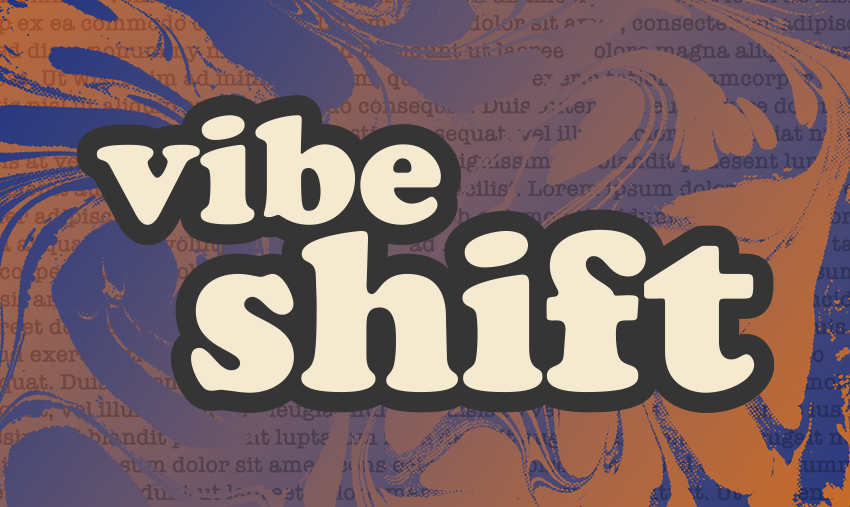Mercy Buckets
Podcasters choose a very old way to sort things out

Vibe Shift is a column by linguist Nicole Holliday that examines how words and phrases are moving across the internet. Each month, we’ll explore new topics related to how the language and culture are changing.
Hi, my name is Nicole and I’m a podcast addict. I’ll admit it; I spend between 1-4 hours per day glued to my phone and Airpods, consuming news, political hot takes, entertainment reviews, and comedy. If you’re like me and you also have a tiny problem with podcasts, then you might have noticed the phenomenon of every single thing being put into buckets. Just a few examples:
“There’s really big obstacles to either of those courses of action. They fall into three buckets.”
– “Biden’s Student Loan Dilemma”-NYT The Daily, April 18, 2022
“I’m Joe Matthew in Washington, where again we’re painting out of several buckets today and we’ll bring you the latest on Israel.”
– “Congress Plans Supplemental Aid for Israel, Biden Signs AI Order”-Bloomberg “Sound On”. Oct, 30, 2023
”And then the other sort of bucket of people at these dinners were donors to the Federal Society.”
– “Stuart Stevens, McKay Coppins & Andy Kroll,” Fast Politics With Molly Jong-Fast, Oct 25, 2023
I don’t know where all these buckets began, and unfortunately, the internet is pretty unhelpful whenever you’re looking for new slang uses of old, frequent words. But these examples demonstrate how “buckets” are being used by these podcasters, and perhaps people in everyday conversation. In all of the cases above, “bucket” is being used to mean “category,” of topics or people. When reporting on complex issues, like many podcasters do, it may be helpful to provide listeners with an outline of the groups or main points involved. This may be even more important in audio journalism than it is in print, due to the fact that it’s a bit harder for listeners to go back and revisit a point they’ve missed when listening. In this way, all of these “buckets” may be acting as signposts or headings, telling us which individuals or main topics to pay attention to.
“Buckets” isn’t an exciting new slang coinage like “rizz” or whatever the kids are saying these days, but it is an example of how meanings of old words can shift or extend when we have new reasons to use them. According to Etymonline (a surprisingly good etymology resource), the word “bucket” dates back to the mid 13th century, entering English from French. Interestingly, they also note that “bucket” may be REALLY old, coming from the Proto-Indo European (PIE) root *beu (to swell).
A pretty basic word for holding or carrying items has unsurprisingly remained popular throughout the centuries. A quick check of Google Trends shows steady use, with one massive spike in 2014 (remember the viral Ice Bucket Challenge?) and a small spike this past June (unknown reasons, but I wouldn’t rule out the podcasters’ influence).
The “buckets” that the podcasters are referring to are conceptual as opposed to literal, but by evoking a common way of dividing objects in physical space, podcast hosts allow us to picture dividing concepts into theoretical space. So next time you hear about placing things into several “buckets,” enjoy the metaphor and the fact that you’re observing language change in real time!
